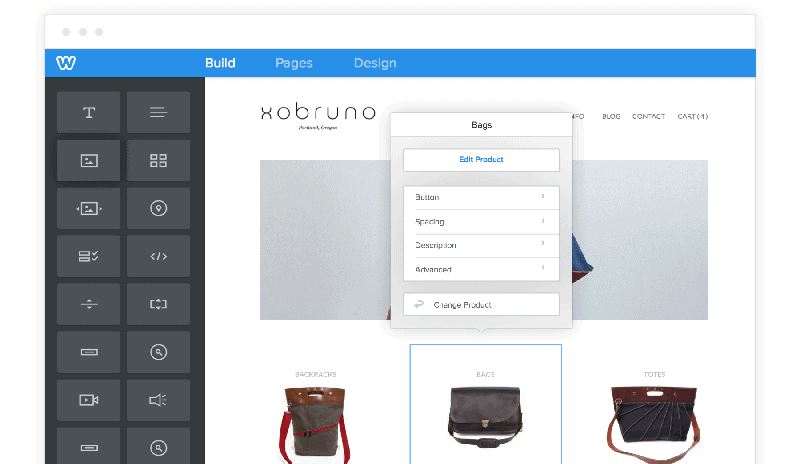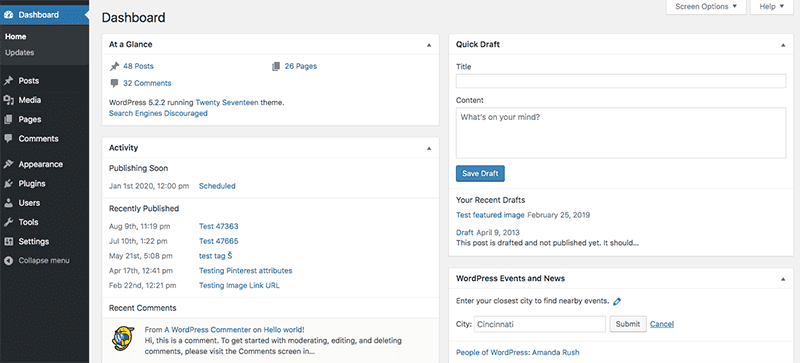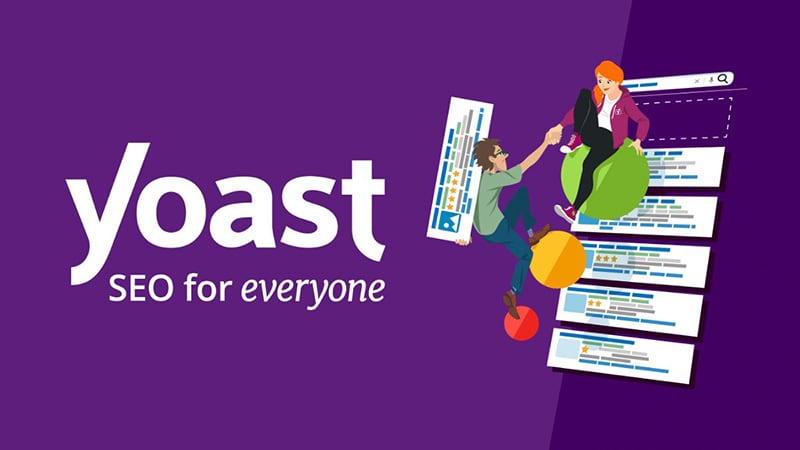There is no shortage of options when it comes to platforms you can use to build a website – WordPress and Weebly are two of the top options.
Well over 40% of websites are hosted on WordPress. However, Weebly is a strong CMS contender, so which platform is best for you?
This tell-all review will provide you with all the information you need to decide.
Let’s jump into the details.
WordPress vs. Weebly: Usability
Weebly
If simplicity is important to you, Weebly delivers. All you need is a Weebly account and you’ll be ready to drag-and-drop your way to a new site. Once you select a theme, you can add different elements, including images, text, boxes, and more. In a few hours, you can easily create a basic site on Weebly.

WordPress
Before you can start designing a site on WordPress, you need to follow a few extra steps. For one, you need to purchase website hosting and domain a before you can install WordPress. This is possible without technical knowledge, provided your hosting company offers one-click installation. From there, you can choose a theme and install the plugins necessary to create a site with the desired functionality.
WordPress isn’t built to be drag-and-drop – this is because it’s far more customizable. However, there are some themes and plugins that have a drag-and-drop interface, Elementor being a popular option.

WordPress vs. Weebly: Pricing
Weebly
As a Weebly customer, you can expect to pay anywhere from $5 to $25 per month, with the Business plan costing the most. The Pro and Business plans also include a free domain. If you don’t have a budget, there is also a free option, but this will display Weebly ads on your site and you can’t connect your own domain to the site.
WordPress
WordPress is free, but you will need to pay for your domain, hosting, and any themes and plugins you need. There is a wide selection of free themes but keep in mind that you may not have the customization options and support that you need. Themes can cost anywhere from $20 to well over $100. Plugins can cost as little as $1 and as much as $50.
Related Read: WordPress vs Squarespace
WordPress vs. Weebly: Customization
Weebly
Weebly offers an acceptable amount of customization options, but some features and functions need to be used as-is. For example, you can change on-page elements, fonts, and colors, but you can’t make major alterations to the code. However, there is an app center you can use to add additional functionality.
WordPress
With WordPress, the sky is the limit when it comes to customization. Not only is there a much wider selection of plugins, but it’s also much easier to alter the code. This gives you the freedom to give your site as much unique functionality as you want. As you can imagine though, you would need the help of a developer for this.
WordPress vs. Weebly: Optimization
Both Weebly and WordPress have SEO capabilities. Most WordPress users make use of plugins such as Yoast, which has basic and more advanced optimization fields. If you just need the basics such as meta titles, descriptions, and keywords though, Weebly is fine enough.
The benefit of using plugins such as Yoast though is that it guides you on what to change on each page to improve the overall SEO score.

WordPress vs. Weebly: Support
Weebly
Along with their 24/7 email support, there is also phone and live chat support options during business hours. For extra assistance, Weebly has created a number of in-depth guides, which you can find under the Help Center section.
WordPress
Most WordPress users post questions on the community forum if they need help. These questions are answered by the community though, not support staff. This is where paying for a theme and plugins comes in handy because the developers will provide you with answers to your questions.
WordPress vs. Weebly: Which is the Winner?
Each of these CMS platforms was built with different users in mind.
Where Weebly is designed for anyone who just needs a basic website, WordPress is ideal for businesses that have very specific website requirements.
Overall, Weebly is more affordable, but this also means there are design and functionality limitations. If you have a bigger budget though, WordPress offers more value for money. With these facts in mind, which CMS platform will you use for your business site?







